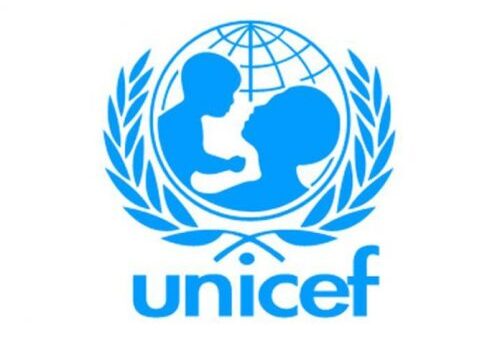UNICEF Internship: Digital Epidemiology, Office of Innovation, due 1/25
Category : Student Opportunities
How can you make a difference?
What could be a better way to spend your winter than trying to help develop and streamline lifesaving innovations in UNICEF – one of the world’s largest organizations serving children? The UNICEF Internship Programme offers eligible/qualified students the opportunity to acquire direct practical experience in UNICEF’s work under the direct supervision of experienced UNICEF staff.
As a UNICEF Innovation Intern you will:
- Get to work on a specific project of strategic value to the team. You’ll get to present your ideas and outputs to the team at the end of the summer.
- Receive dedicated mentorship from a member of multidisciplinary team related to your project and your career and development plans
- Be part of a dedicated induction programme to UNICEF and UNICEF Innovation
- Have a fun and inspiring internship experience
Main responsibilities will be:
- Cleaning, curating and analyzing air traffic human mobility data
- Supporting in exploring new geospatial datasets
- Developing methodologies and pipelines to generate insights from human mobility data.
- Developing methodologies and pipelines to improve the accuracy of existing early warning and response system for dengue outbreaks by integrating human mobility based variables
- Visualizing, interpreting and communicating findings to the team, UNICEF country offices, and the broader public.
To qualify as an advocate for every child, you will…
- Be enrolled in a Ph.D. programme in Computational/Digital Epidemiology or have graduated within the past two years. Applicants must be at least 18 years old.
- Have excellent academic performance as demonstrated by recent university or institution records.
- Have no immediate relatives (e.g. father, mother, brother, sister) working in any UNICEF office.
- Have no other relatives in the line of authority which the intern will report to.
- Additional consideration will be given for any past experience.
- Have expertise in data science, complex systems and/or machine learning.
- Have expertise in epidemiology and global health.
- Have expertise in developing models to predict patterns of spatiotemporal spread of vector-borne diseases and early warning systems
- Have experience with geospatial data analysis and visualization (including shapefile/raster mapping)
- Have excellent programming skills: Python or R.
- Fluency in English is required.
For more information and to apply, click HERE.
